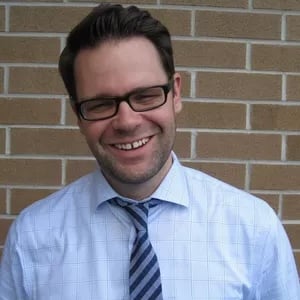Saimum, Rubiat

Rubiat Saimum
Doctoral Student
He/Him
MA, Political Science, Memorial University of Newfoundland
Political Studies
Doctoral Student
Brief Biography
Rubiat Saimum is a doctoral student in the Department of Political Studies at Queenâs University, specializing in International Relations and Comparative Studies. He has previously served as a Lecturer of maritime security and strategic studies at Bangladesh Maritime University. He is a South Asian Future Fellow at the Council for Strategic and Defence Research (CSDR), a fellow at Daniel K. Inouye Asia-Pacific Center for Security Studies, a Young Leader at the Pacific Forum, a maritime GENIE at Yokosuka Council on Asia-Pacific Studies (YCAPS) and a Junior Fellow at the NATO Association of Canada.
Research Interests
My research focuses on the formation of security communities and the role of major regional powers or âthe anchor statesâ in the process. I study the why regional anchor states facilitate or hinder the formation of security communities in their respective regions.
Selected Publications
Saimum, R. (2025). From Hardware to Heartware: China's Evolving Military Relations with Bangladesh. In Xavier, C. & Jacob, J. T. (Eds). How China Engages South Asia: In the Open and Behind the Scenes (pp. 107-117). Centre for Social and Economic Progress. Retrieved from
Shahid, R. & Saimum, R. (2023) âNavigating the troubled waters: âmaritimization' of Bangladeshâs foreign policyâ, Australian Journal of Maritime & Ocean Affairs,
Saimum, R. (2020). âThe Prospect of Belt and Road Initiative in the Context of Bangladeshâ. China Report, 56(4), 464-483, Sage Publishing.
Saimum, R. (2020). âASEANâs Rohingya Dilemma: Limits of Regional Co-operationâ. In Charting a Sustainable Future of ASEAN in Business and Social Sciences (pp. 339-348). Springer, Singapore.
Awards
2025: Queenâs Graduate Award, Queenâs University, SGS
2023-25: SGS Graduate Fellowship, Memorial University of Newfoundland
2024: CICA essay competition (2nd Prize), Conference on Interaction and Confidence-Building Measures in Asia (CICA)
2019: The Duke of Edinburghâs International Award, The Duke of Edinburghâs Award Foundation Bangladesh






